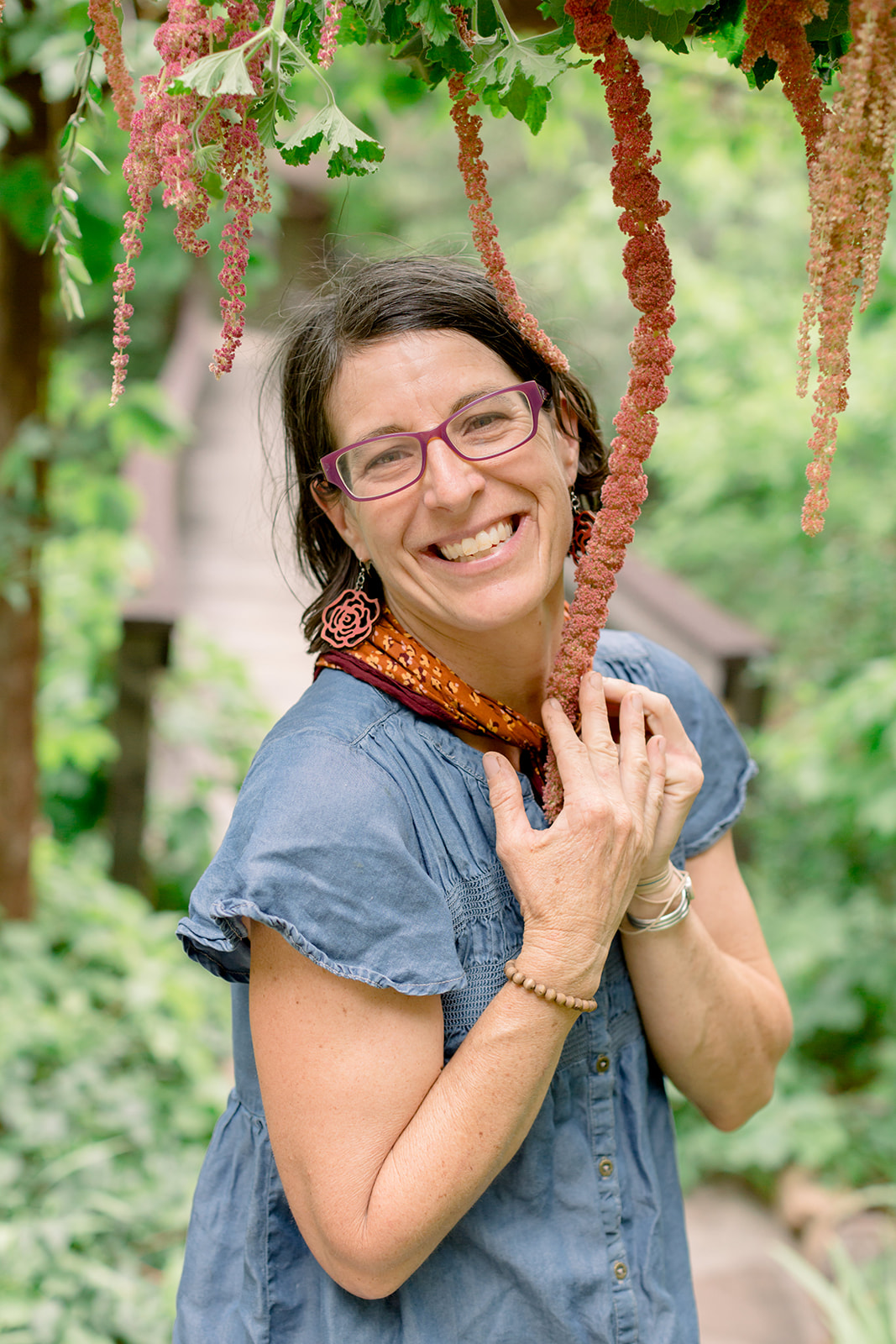My sister and I climbed into the Quezada and Sons shuttle headed to Casas Grandes, Chihuahua. The 15-passenger van was full of people heading home, and we were the last to board. Nobody flinched as we clambered into the back seat and wedged ourselves between the big shopping bags and a strapping older Mexican man.
We were the only gringos on the van and at first everyone was quiet. Then my sister, Kelly, the güera who is fluent in Spanish, unwrapped her homemade burritos and offered one to our back-of-the-bus companion. He graciously accepted and insisted that we share his ice-cold orange crush.
Not yet through half the burrito, our new friend Pancho (short for Francisco) recounted the story of his visit to his son’s house in Phoenix, wiping tears away with his large hands. During this visit he learned that his son was having an affair. He explained that his son’s wife is like a daughter to him—the pain was fresh as he wondered what advice a father could give his son to save his family.
As we headed south, the landscape changed from soap tree yuccas and sculpted granite rocks to shadowy mountains rising from a sea of yellow grass. When we crossed the border at a small, rural station called Antelope Wells, our friend sighed deeply and said mostly to himself, “Ah, Mexico.”
An older couple sitting in front of us extended consoling words to Pancho. They have been married for thirty years. As they talked about their children, many scattered across the U.S., she plucked a crumb from his face.
Soon the conversation drifted to questions about my sister and me. What were we doing in a van headed to Chihuahua? Where did we live?
We were visiting our photographer friend from Arizona who lived in Casas Grandes for an artist residency. That was interesting, yet ultimately they wanted the important details on both of us—were we married and did we have kids? I revealed to them that I have a husband but no children and they could not hide their dismay.
“When will you start?” they asked. I tried to explain in my rusty first-grade-level Spanish vocabulary that we decided not to populate the planet on purpose, but they were equally aghast. The combined sons and daughters of the people on this van would fill three other vans, and that mass of family offered them a deep sense of comfort.
“When you are old who will bring you a glass of water?” the married woman asks, with concern on her face. Kelly laughs. She is single and would like to be married and live on a ranch in Mexico and make homemade cheese. I try to explain this within the limits of the present tense and they nodded with recognition. “Oh, you mean a ranchazo!” jokes Pancho.
Sensing an opportunity, he invited us to a dance that night. He pulled a homemade CD out of his shirt pocket called Corridos Pesados. Twelve burly men wearing pink cowboy hats decorated the cover. He was poised for the moment we arrive in Casas Grandes when he will slip the CD into his truck stereo and the ballads will be the soundtrack to his homecoming. Songs of love and horses, of simpler times.
Kelly and I both left our family and migrated west from Vermont out of curiosity and wanderlust. We both share a love of Mexican culture, food, and ballads played on accordion and trumpet. Arizona finally feels like our home, but it is reassuring to be in the company of family.
Many of the people on this van or members of their families immigrated to the United States. What are their stories? Were they curious about the otro lado like us, or striving to make better lives for themselves and their families?
Our trip to Casas Grandes was three years ago. Since then, the Arizona anti-illegal immigration legislation, SB1070, authorizes local law enforcement to break up families and deport and imprison parents without documents. The cost to implement this law will be high and not only for taxpayers. I fear that children will suffer the most. They stand to lose their parents and end up in the welfare system. I wonder how the families that ride the Quesadas and Sons shuttle service will weather this storm of hostility.

